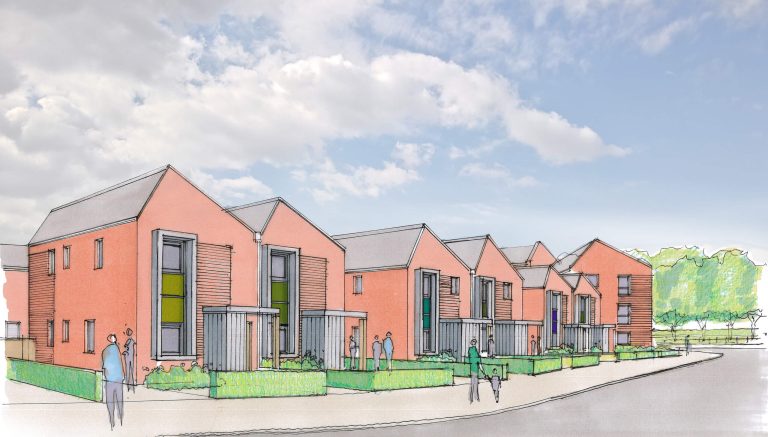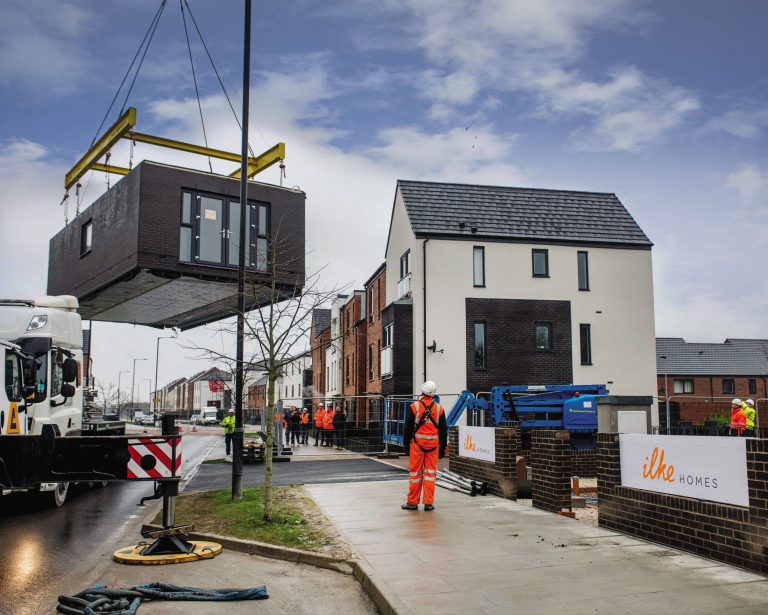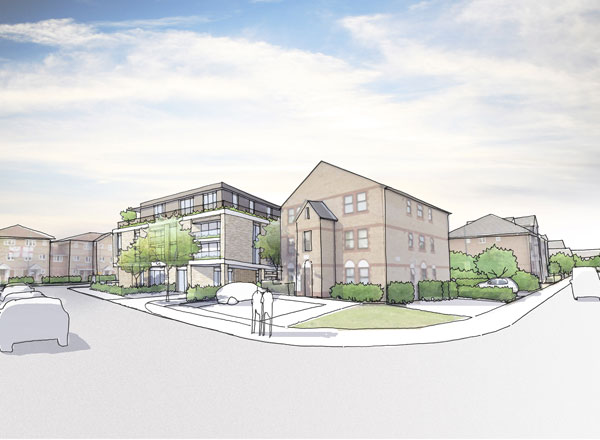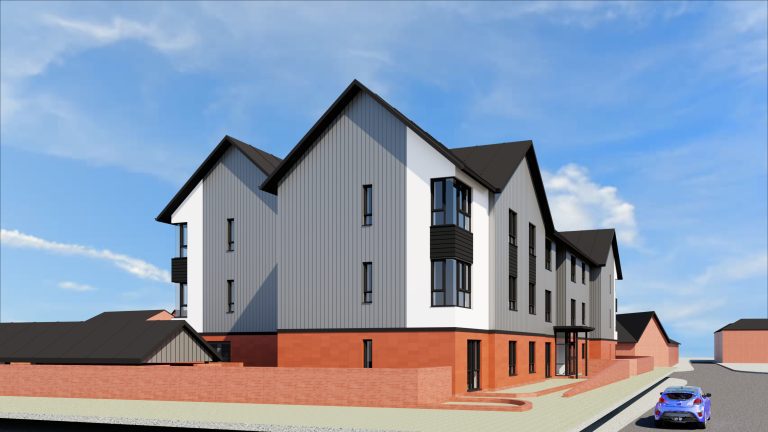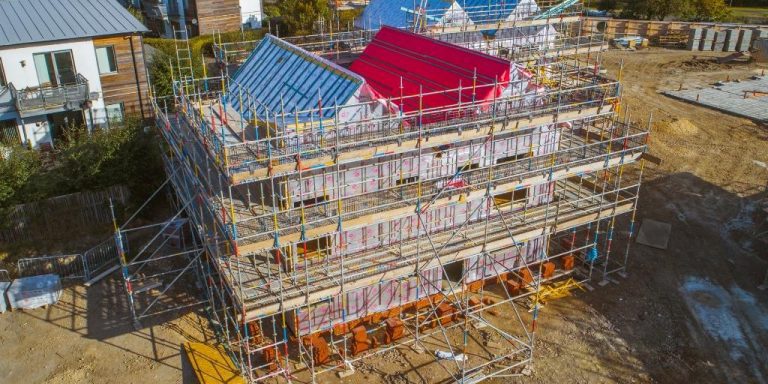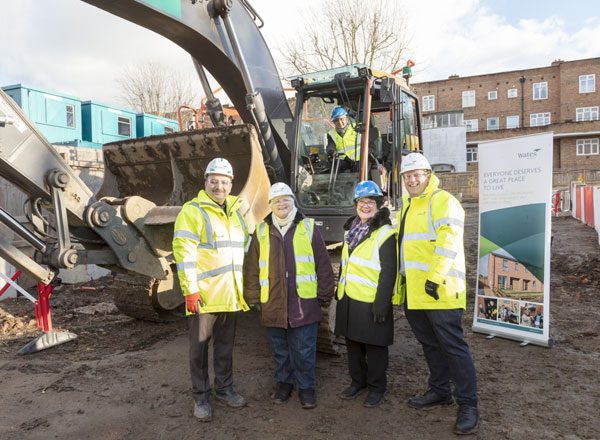Stewart Milne Homes has secured an additional £13million from Homes England to accelerate the delivery of new homes across a number of its developments in North West England. This funding announcement, which follows on from a 2018 award of £11.5million, brings the total number of new homes to be delivered by this ongoing partnership to almost 1,000, boosting the economy, adding to community infrastructure and supporting the creation of new jobs. The funding will support the Scottish independent, award-wining housebuilder in delivering the new homes across eight developments in Alsager, Broughton, Chester, Congleton, Hooton, Prescot, Warton and Willaston. These developments, which will create desirable communities with a balanced mix of family homes, around 30% of which will be affordable, will help meet the country’s housing shortfall. The developments are at various stages, with Callenders Green in Prescot due to complete this month and Broughton Park due to commence in the next few weeks. Working in partnership with Homes England, Stewart Milne Homes secured the loan from the £3billion Home Building Fund which aims to increase the number of new homes being built across the country with a target of delivering 300,000 new homes per annum. Paul Challinor, managing director of Stewart Milne Homes North West England, believes the fund, which was already helping to address the country’s long-term housing challenge pre-COVID, is more important than ever as the country embarks on the road to recovery following lockdown. He said: “The construction industry can play a major role in getting the economy back on its feet after lockdown. It’s crucial in terms of supporting jobs and the supply chain as well as closing the gap between supply and demand for homes. “As we emerge from lockdown, private, independent developers, like ourselves, will find it even more challenging to make the up-front investment required to close that gap. “The Homes England funding enables us to accelerate the delivery of outstanding new communities for local residents and help the UK Government meet its housing targets. “Securing the funds is testament to the strong relationship we’ve built with Homes England over a number of years, demonstrates the confidence they place in us to deliver and underlines our commitment to investing in the North West.” Terry Errington, head of structured real estate finance, Homes England, said: “Our relationship with Stewart Milne Group continues to strengthen and we are pleased to advance additional loan funding to deliver much needed open market and affordable homes across the region. We are supportive of building capacity and productivity in the construction sector, and Stewart Milne Group’s off site manufacturing model is a key element of this focus.”. Stewart Milne Homes North West, a division of Stewart Milne Group, was established in 2006. Since then it has been on a steep upward growth trajectory. This exceptional growth, along with its high levels of customer service, has been recognised by several awards, most recently three winners in the NHBC Pride in the Job awards for construction quality on site. Mr Challinor added: “Having experienced rapid growth in the North West in recent years, we have become a recognised brand in the region with a reputation for delivering quality, family homes in desirable new communities with a focus on craftsmanship and very high design specifications. “We will continue to invest in the region through our strategy of acquisition of sites in prime residential locations, to create communities where demand is strongest for our new mix of family homes.”




